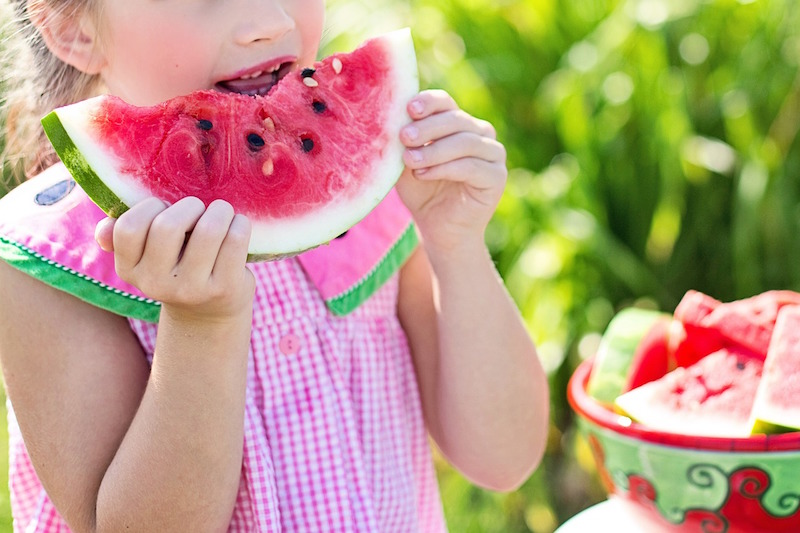Summertime food safety
Summer is officially here! BBQs, picnics, camping trips, dinners on the patio… these long warm days give lots of opportunities for delicious and bountiful plates.
If your house is anything like mine, it is a challenge to get your children to sit down and eat a meal. It is probably tempting to leave food out so they can eat on the go. Although no one ever intends to create the perfect opportunity for foodborne pathogenic microorganisms to thrive, warm days and improper handling can create the perfect opportunity for these bugs to multiply and cause our little ones and us harm. These harmful bacterium grow faster in the warm summer months. When thermostat-controlled cooking, refrigeration, and washing facilities aren’t available, the opportunity for these bugs to multiply and cause illness is much higher. Here are some tips to help you and your family and friends stay safe:
Wash hands. Unwashed hands are a prime cause of foodborne illness. Wash your hands with warm, soapy water before handling food and after using the bathroom, changing diapers, and handling pets.
Separate raw uncooked and ready to eat foods. Cross-contamination during preparation, grilling, and serving food can cause foodborne illness. When packing the cooler for an outing, wrap raw meats securely; avoid raw meat juices from contacting ready-to-eat food. Thoroughly wash plates, utensils, and cutting boards that held the raw meat or poultry before using again for cooked food.
Cook to Safe Temperatures. Ensure food is heated long enough at a high enough temperature.Take your food thermometer along and ensure meats are cooked thoroughly.
- Cook all raw beef, pork, lamb and veal steaks, chops, and roasts to a minimum internal temperature of 145 °F.
- Cook all raw ground beef, pork, lamb, and veal to an internal temperature of 160 °F.
- Cook all poultry to a safe minimum internal temperature of 165 °F as measured with a food thermometer.
Refrigerate Promptly. Unsafe temperature is another cause of foodborne illness. Keep cold foods cold!
Leftovers? Food left out of refrigeration for more than 2 hours may not be safe to eat. Above 90 °F, food should not be left out over 1 hour.
Keep foods out of the “Danger Zone”: Bacteria multiply rapidly between 40 °F and 140 °F. Keep cold food cold and hot food hot. If you have any doubts, throw it out.
Listeria and salmonella are the most common culprits of foodborne illness. Listeria can multiply to unsafe levels in ready-to-eat foods such as hot dogs, luncheon meats, cold cuts, fermented or dry sausage, and other deli-style meat and poultry, soft cheeses made with unpasteurized milk, smoked seafood and store-bought deli salads. Listeria can cause severe problems with pregnancy, and create a danger for newborns.
Salmonella can multiply to unsafe levels in raw or undercooked eggs, poultry, and meat; unpasteurized milk and juice; cheese and seafood; and contaminated fresh fruits and vegetables. If you were to consume unsafe levels of these microorganisms, the onset of symptoms may occur within minutes to weeks and often presents itself as the flu. Infants, young children, pregnant women, older adults, and people with weak immune systems are at greatest risk.
To make the most of your summer and to ensure your little ones, family and friends are nourished and healthy keep your food out of the Danger Zone (40 °F to 140 °F). If you do suspect foodborne illness, seek medical treatment as necessary.
Teresa Brennan, RDN, CD, CNSC, is the GSDA speakers bureau chair and a past-president. She is a consulting dietitian for Fit4Mom Eastside.

